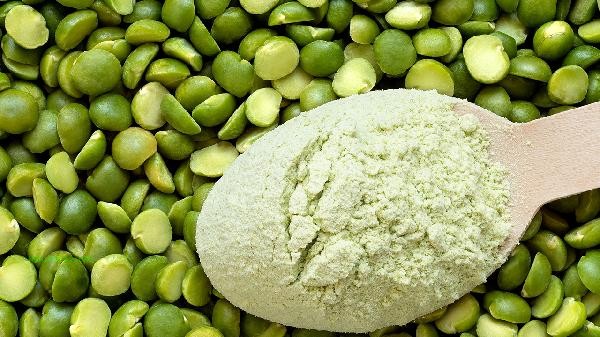People who insist on jogging every day are recommended to adopt a diet structure of high protein, low to medium glycemic index carbohydrates, and moderate healthy fats, combined with sufficient water and vitamin mineral supplements. Dietary arrangements should match the intensity and duration of running, avoiding exercise on an empty stomach or overeating. Nutritional supplementation before and after exercise is particularly crucial.

1. Carbon Water Selection
It is recommended to consume low glycemic index carbon water such as oats, whole wheat bread, or sweet potatoes 1-2 hours before jogging to provide sustained energy and avoid blood sugar fluctuations. If you run for more than 60 minutes, you can bring bananas and other fast carbon as a supply along the way. Supplement easily absorbable carbohydrates such as rice with protein within 30 minutes after exercise to promote muscle glycogen recovery. The daily intake of carbohydrates should account for about half of the total calories, and be dynamically adjusted according to the amount of running.
2. Protein intake
requires 1.2-1.7 grams of protein per kilogram of body weight per day, with priority given to chicken breast, fish, egg white, and whey protein. Timely supplement 20-30 grams of protein after exercise, such as pairing Greek yogurt with nuts or protein powder. Disperse the intake evenly among three meals to avoid excessive concentration and increase the burden on the kidneys. Vegetarians can choose combinations of plant proteins such as tofu and quinoa.
3. Fat Control
Nuts, avocados, and deep-sea fish should provide the majority of unsaturated fatty acids in total fat. Avoid high-fat diet before and after exercise to delay gastric emptying, and pair with olive oil cold dishes for meals. Control saturated fat intake and process meat products no more than twice a week. The recommended body fat percentage for runners is 10-18% for males and 18-25% for females.

4. Water Management
It is necessary to supplement 500-800 milliliters of water per hour for jogging, with an increase of 10-20% in summer. Drink 300-500 milliliters in portions 2 hours before exercise, and replenish 150-200 milliliters every 20 minutes during exercise. Electrolyte drinks are suitable for training for more than 1 hour, with plain water as the main source for daily use. The color of the urine should be light lemon, and if it is too dark, it indicates dehydration.
5. Trace supplementation
Iron deficiency can easily lead to sports anemia, and weekly intake of animal liver or blood products is recommended. Vitamin D promotes calcium absorption, and those with insufficient sun exposure need to strengthen their milk or supplements. Magnesium can alleviate muscle spasms by supplementing with spinach and black chocolate. Antioxidants such as vitamin C and E help eliminate free radicals generated during exercise, obtained from colored peppers and berries. Long term adherence to jogging requires establishing a periodic nutrition plan, increasing the carbon water ratio appropriately during training, and controlling total calories on rest days. Record the relationship between diet and running status, and gradually find personalized solutions. Beware of excessive dietary control leading to decreased exercise performance, and female runners should pay special attention to avoiding the risk of triple syndrome. It is recommended to conduct a body composition analysis every three months and work with a nutritionist to adjust the dietary structure. Maintain dietary diversity, obtaining nutrients through natural foods is better than relying on supplements, and cooking methods often use steaming to avoid nutrient loss.








Comments (0)
Leave a Comment
No comments yet
Be the first to share your thoughts!